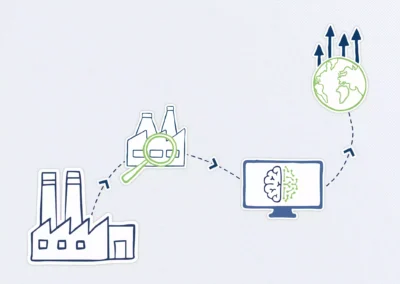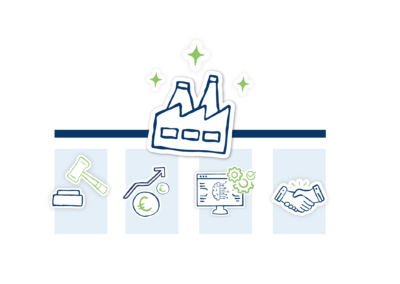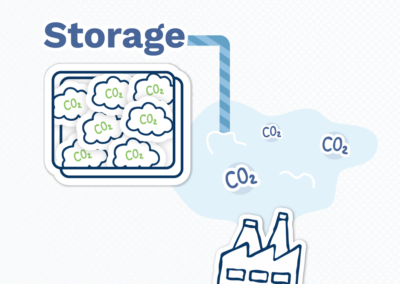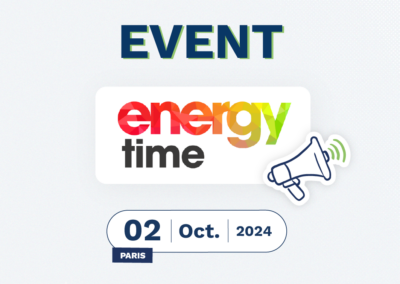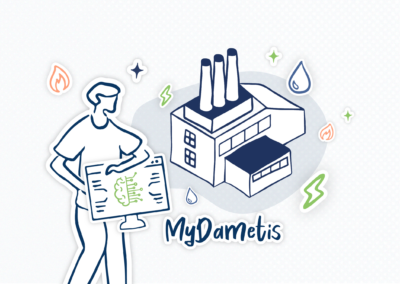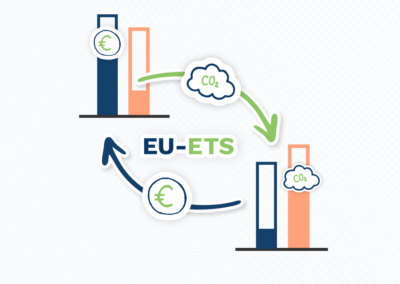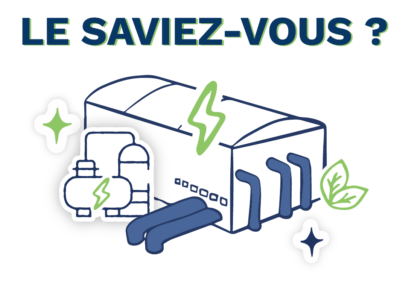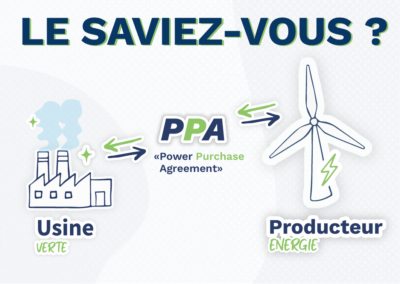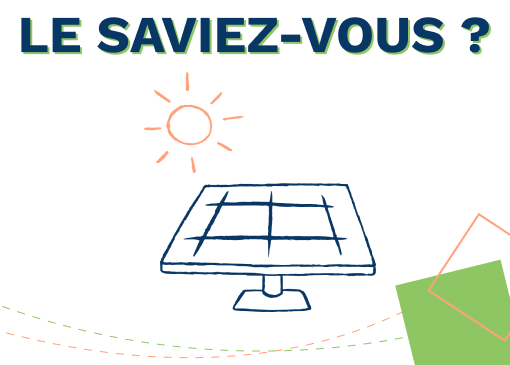
Alternatives to Russian Gas in France
With the war, the use of Russian gas raises both logistical and ethical questions. In 2020, Russia was the world’s second-largest producer of natural gas after the United States with 24.84 Ej (exajoules), and also the leading exporter.
The Use of Russian Gas in France
Some countries are 100% dependent on it, such as Macedonia and Finland (94%). In France, Russian gas accounts for 24% of gas consumption, and a total cutoff of this supply would raise many logistical and ethical questions. Therefore, the search for alternatives has been a prominent topic since the beginning of the war.
Indeed, if all European countries consuming Russian gas had to find alternative consumption methods, the demand could not be met by European producers alone, which include Ukraine, Norway, the United Kingdom, the Netherlands, and Romania, with Norway’s maximum production reaching 4.1 Ej.
%
of imported gas came from Russia in 2020
Why Find Alternatives to Russian Gas in France?
In this context, it becomes clearer why the question of alternatives arises as gas prices continue to rise. Although no one in France has been deprived of gas so far, the ongoing war has repercussions on many aspects of our daily lives. Thus, the government and French energy giants are questioning:
– Logistical Considerations: The Ukrainian company Naftogaz allows Gazprom, the Russian gas giant, to transit one-third of its gas to Europe. Currently, a precarious balance allows both companies to continue collaborating to preserve the economies of both countries, but this situation, which defies understanding, may be compromised in the coming months. The income generated on both sides of this collaboration helps finance the war, raising ethical concerns and highlighting the urgent need for Europe to break this dependence.
– Political Considerations: Moscow is evidently exploiting this situation since June 2022, with recorded decreases in Russian gas deliveries throughout Europe. Gazprom is accused by many countries of driving up gas prices by reducing deliveries under the pretext of maintenance operations.
What are the Alternatives to Russian Gas in France?
In France, among the possible alternatives, nothing is being reinvented. France is relying on its existing infrastructure. However, not all of these alternatives are universally accepted.
Already Used Energy Sources
The government has announced the possible reactivation of the Saint-Avold coal plant, which was closed in March 2022. In response to the crisis in Ukraine, this solution remains an emergency measure to meet energy demand next winter, although it is highly controversial in a context where the energy transition is urgently needed.
Considered Alternatives
Non-Gas Energy Sources in France
The Impact of Alternatives to Russian Gas on Energy Prices in France
Contrary to popular belief, the price increase of gas predates the war in Ukraine, having already started during the COVID pandemic when industries resumed operations, seeking to recover lost revenue during the slowdown.
Nevertheless, natural gas represents 23% of energy consumption in Europe, with 10% being Russian gas. As industries and major players simultaneously turn to alternatives, the overall increase in energy prices is likely.
Dametis Supports You in Finding Alternatives to Russian Gas for Your Business
Are you looking to anticipate a total or partial transition? The Dametis team supports you in maintaining productivity and implementing efficient solutions without exponentially increasing your costs.










